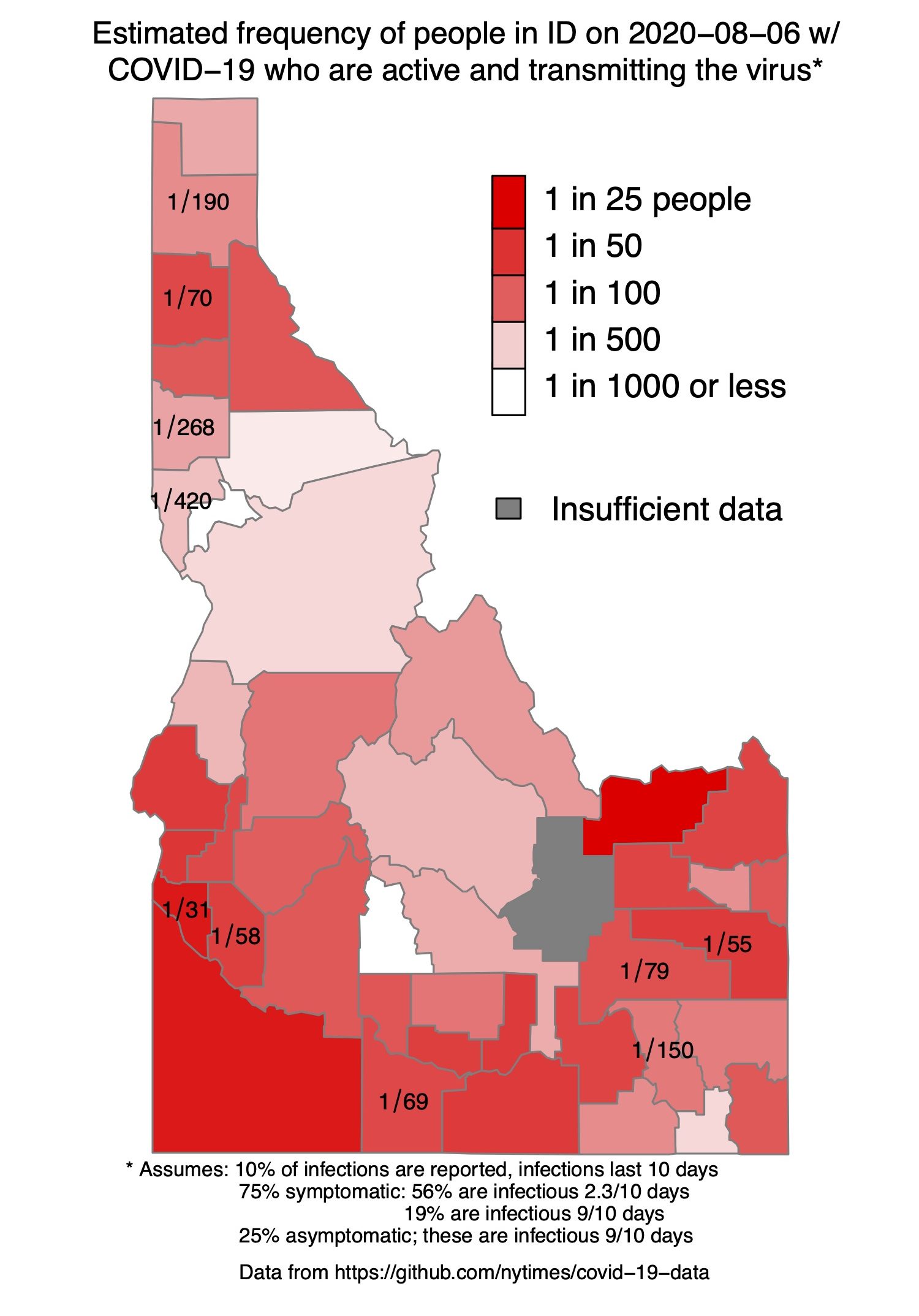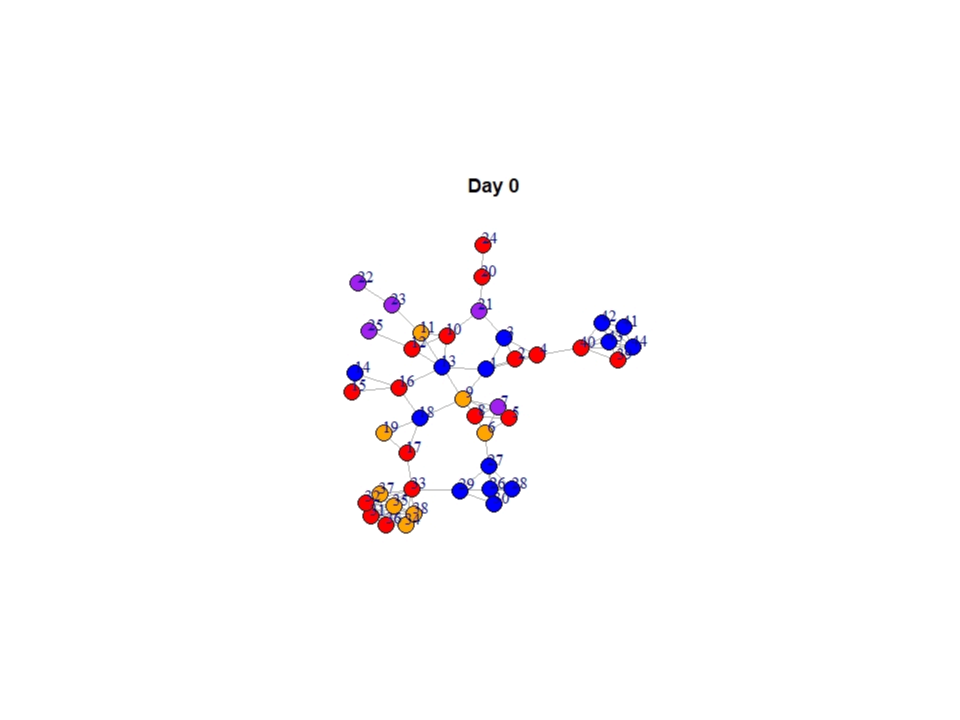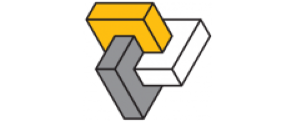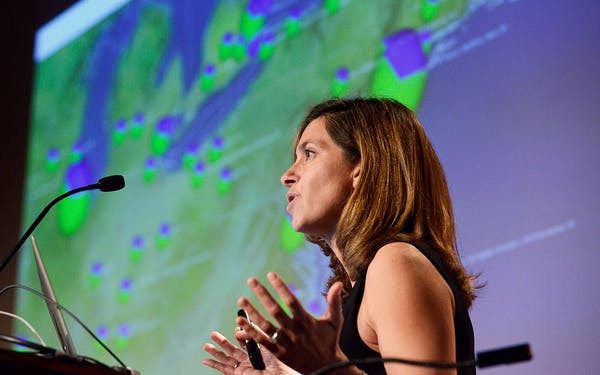Idaho Metro Areas
Pandemic Journal
Latah , ID Cases
Featured Team Publication
Effects of trust, risk perception, and health behavior on COVID-19 disease burden: Evidence from a multi-state US survey
Our PLOS ONE study (2022) found that cultivating trust in the government, and what messages that government puts out, are key to getting more people to take part in health and safety protocols, such as mask use.
COVID-19 UPDATES: FALL 2022
Our pandemic modeling team has been working over the past few months to publish research in several areas associated with COVID19, which include efforts around agent based modeling, risk estimates of COVID-19 over space and time, as well as behavioral intentions and associations with disease burden. We’ve additionally updated this web site in several capacities:
We have archived University of Idaho Status updates
The University of Idaho has temporarily suspended weekly testing. Given this approach, we have archived our campus status updates. You may view the University of Idaho’s information here – or see our archived page here.
We have archived our SEIR models
Our Susceptible-Exposed-Infectious-Removed (SEIR) model has been archived, given the temporal complexity and changing parameters due to the Delta variant, vaccinations, etc. Please see our archived page here.
Updating our case and risk maps
We have updated our case and risk maps to provide visualization and methodology changes, which include a modification to our risk calculations, and an alteration of our running totals to a 7 day window.
Working to update resources for the public
We are additionally working to provide updated resources that are useful for Idahoans.
We have archived University of Idaho Status updates
The University of Idaho has temporarily suspended weekly testing. Given this approach, we have archived our campus status updates. You may view the University of Idaho’s information here – or see our archived page here.
WHO WE ARE
Our Goals
The University of Idaho’s Pandemic Modeling Group is combination of modelers, mathematicians, sociologists, and more – endeavoring to predict the spread of COVID-19 in rural communities. We are are part of Idaho’s Institute for Modeling, Collaboration and Innovation (IMCI).
MODEL
We are using an SEIRS model and a survey-informed agent-based model to understand the effectiveness of interventions in fighting the spread of COVID-19 in rural communities to protect the most vulnerable parts of our communities.
SHARE
We are creating a space to communicate our findings transparently with the public to help us all understand the current and future status of the pandemic.
INFORM
Assist our public health and local officials in their response to the pandemic.
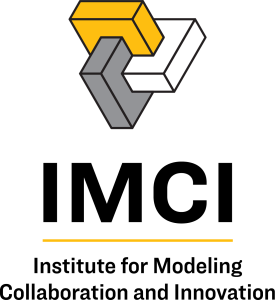
COLLABORATORS
Latest News
Read posts by our team members on a variety of COVID-19 topics
Simple Transmission Networks: A Student Project
My name is Neha Deosthali and I am a junior at the Liberal Arts and[…]
What can our wastewater tell us about COVID-19 outbreaks?
Clinically diagnosed COVID-19 cases are only the tip of the iceberg. A significant obstacle in[…]
Will a vaccine stop the pandemic?
In order to stop transmission, a vaccine would need to provide sterilizing immunity. This means[…]
IMCI welcomes Lauren Ancel Meyers
I am very excited that Lauren Ancel Meyers will be speaking to us about her[…]


